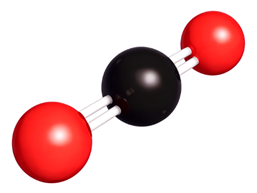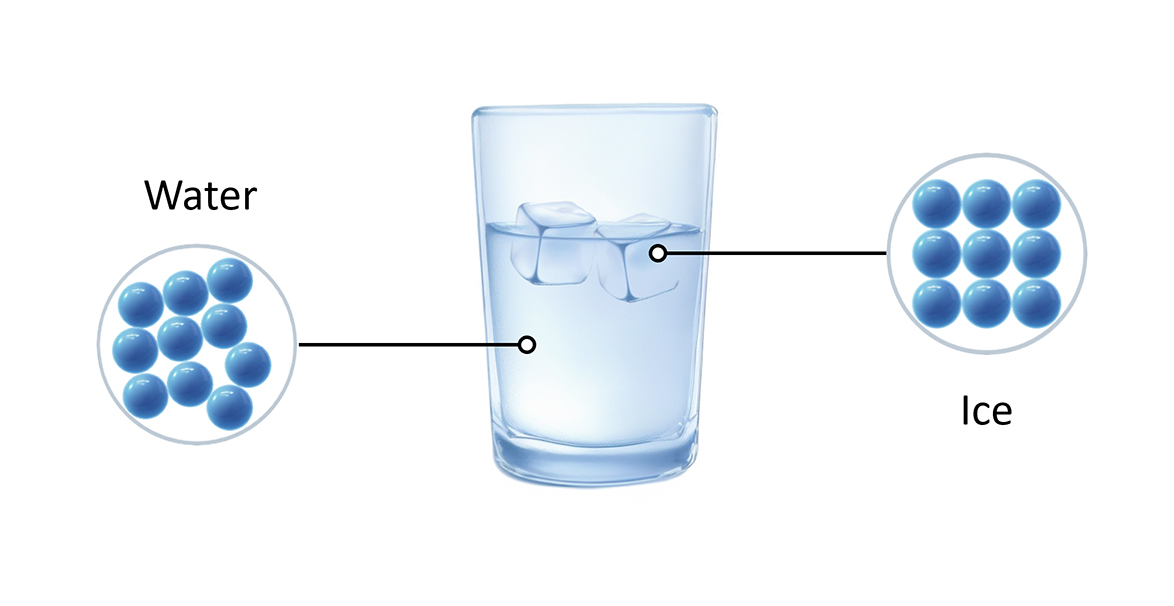What is water?
What is water made of? Water molecule
Water is made of molecules. Each molecule has two hydrogen (H) atoms and one oxygen (O) atom.
This means that water’s chemical formula is H2O.

What makes water special? Why is water important? Humans need to drink enough water to replace what we lose though sweat, urine, and faeces.
Water is the most abundant substance on Earth’s surface. It covers more than 70% of the planet in oceans, rivers, lakes and glaciers.
Water has some unique properties:

Water is vital to all living things on Earth. Plants use water in photosynthesis to make their food.
About 60% of the human body is water and it does many things, such as:
Summary: